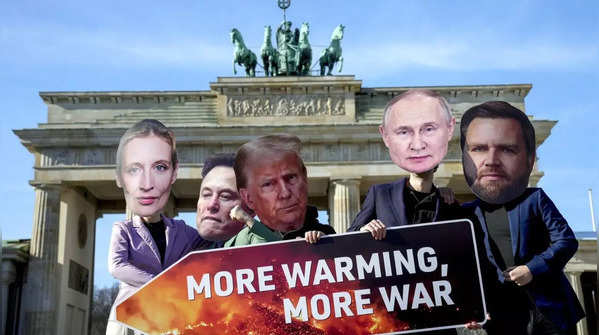
1/6
Protest against far-right support
Activists gathered in front of the Brandenburg Gate in Berlin on Thursday, wearing masks of Elon Musk, Alice Weidel, Donald Trump, Vladimir Putin, and JD Vance. They protested against the support of the United States and Russia for the far-right Alternative for Germany (AfD) party. (AP photo)
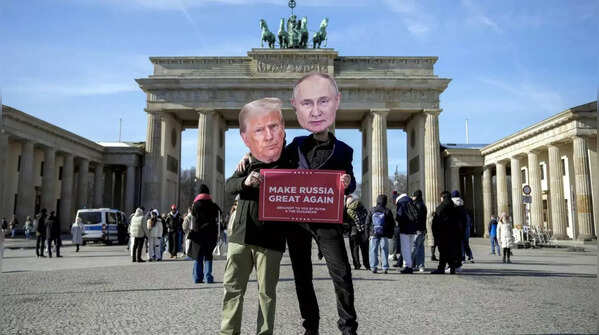
2/6
Germany prepares for snap elections
Germany is set to vote on 23 February in a snap election after Chancellor Olaf Scholz's coalition government collapsed late last year. Originally scheduled for 28 September 2025, the election was moved up due to political instability. (AP photo)
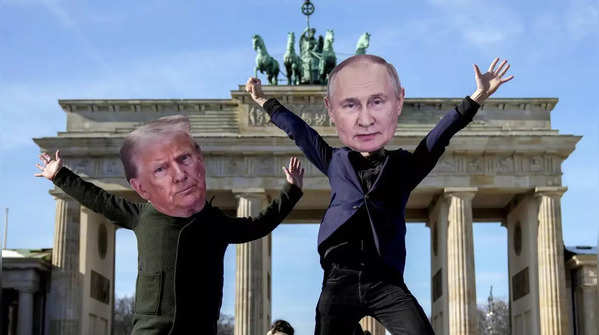
3/6
Key issues
The election comes at a time when Germany faces multiple challenges. The country’s economy is struggling, immigration policies are under debate, and the AfD party is gaining influence. Recent violent incidents in Mannheim, Solingen, Magdeburg, and Aschaffenburg have further fueled public concerns. (AP photo)
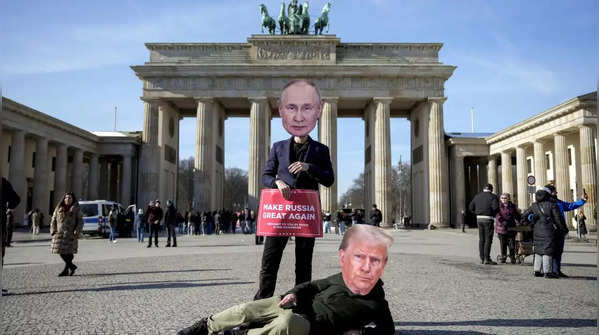
4/6
AfD's growing influence
The AfD, known for its strong stance on immigration and nationalism, has been gaining popularity. Critics accuse the party of promoting far-right ideologies, while supporters argue it offers an alternative to mainstream politics.(AP photo)
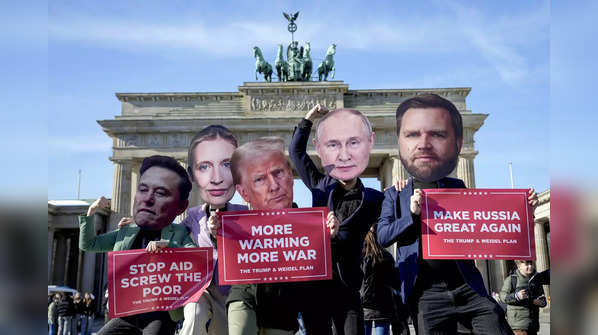
5/6
International involvement
Protesters in Berlin claim that the United States and Russia are indirectly supporting the AfD. They expressed concerns that foreign influence could impact Germany’s political landscape, especially with high-profile figures like Musk, Trump, and Putin involved. (AP photo)
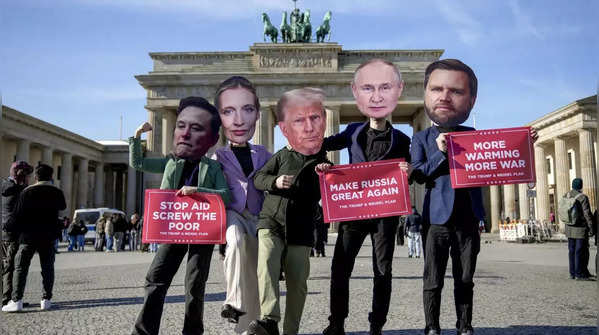
6/6
Public response
Many Germans are closely watching how the political landscape will shift. Some fear the AfD's rise, while others see it as a response to growing dissatisfaction with the current system. The election outcome could reshape Germany’s future policies on immigration, economy, and international relations. (AP photo)
FOLLOW US ON SOCIAL MEDIA

 1 month ago
14
1 month ago
14


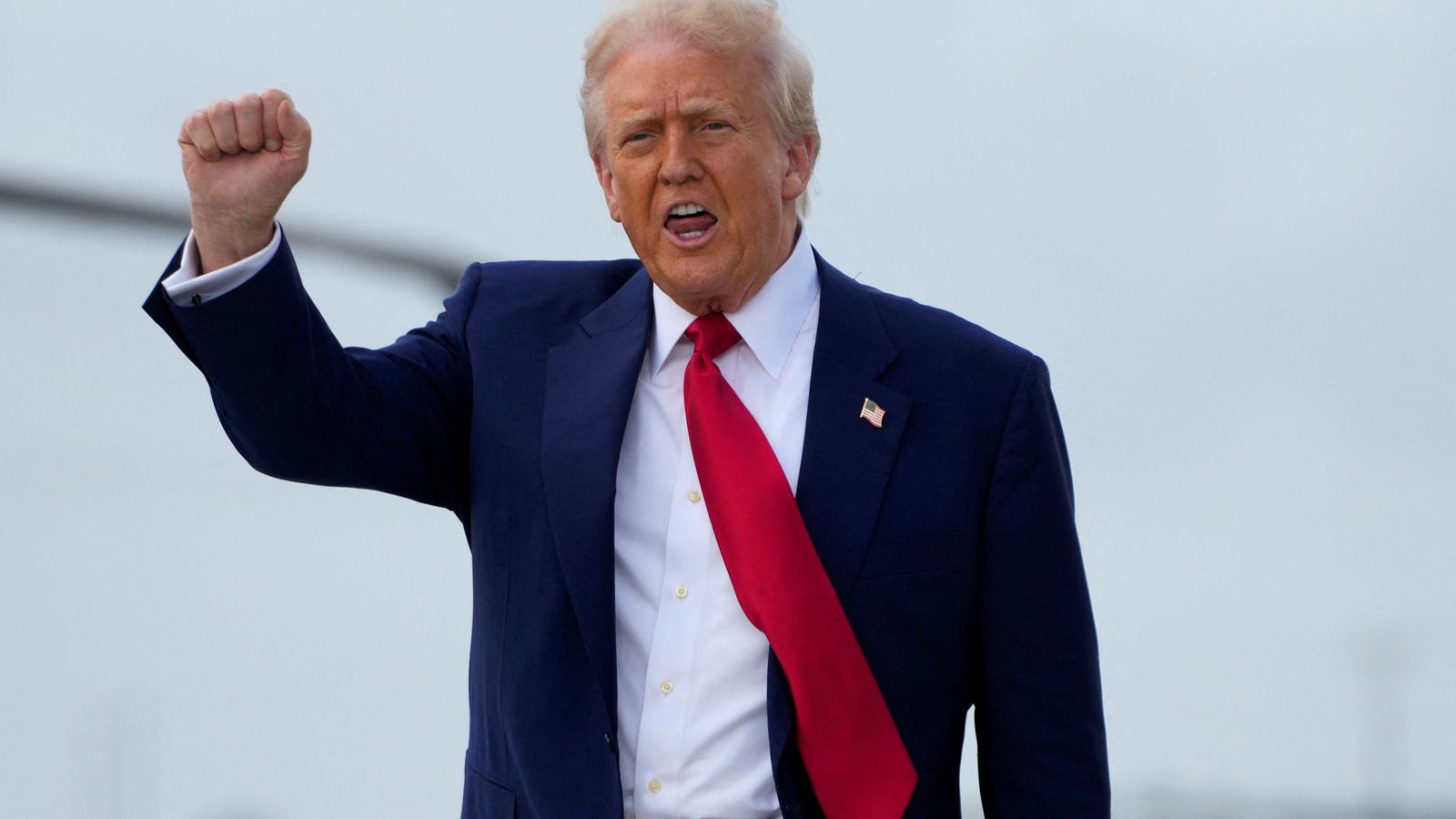

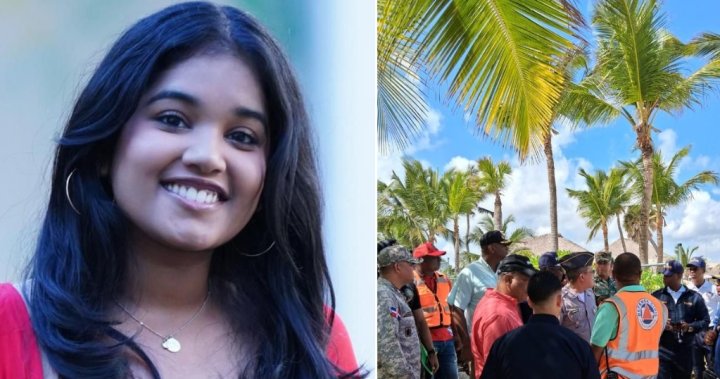




 English (US) ·
English (US) ·